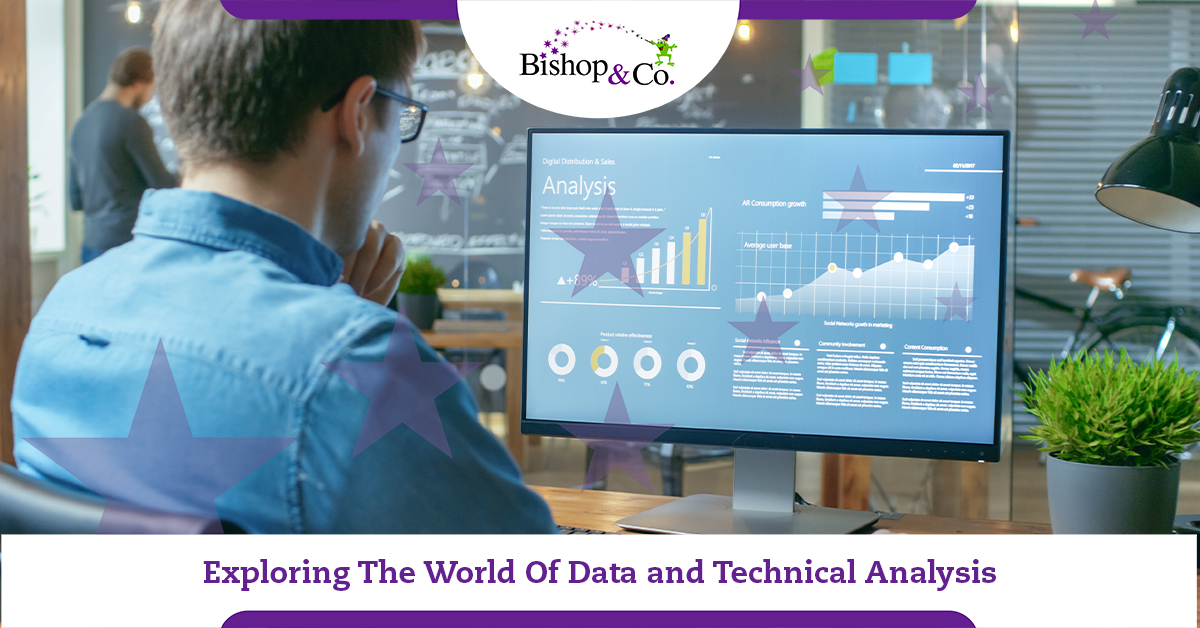Do you love to learn? Do you like to get a better understanding of complex ideas and systems, taking numbers and statistics and then translating that into important information?
If you like looking at the big details and the small ones and making them make sense, you might have a bright future with a career in data and technical analysis.
What Is a Data Analyst?
As a data analyst, you’re responsible for researching and decoding large amounts of information in order to see the big picture of why something worked, why it didn’t, and how it could be improved or expanded. Data analysts also find ways of presenting this information to suggest trends over time, usually with charts and graphs that make the information easier to understand.
The job also entails quality assurance practices and defines a company’s key performance indicators (KPIs), a series of goals, expectations and progress that can identify success from underachievement.
Depending on the kind of industry in which you work, a data analyst might be responsible for tracking a company’s social media reach — are you getting your story and products out to the right people, building an audience that will see your company as an authority, providing something that enriches and enhances your customer’s lives? — or keeping tabs on marketing initiatives to determine whether you’re expanding and reaching your target market. There’s also market research to conduct, to see where your company might have an advantage over the competition or if there are ways to attract new customers that are being underserved elsewhere.
Do you enjoy tinkering around with software?
That’s another crucial component of working in data and technology analysis. You’ll be tasked with finding tools that can help automate processes, improve and make more efficient the ways in which your information is captured, cataloged and processed. It’s the embodiment of “work smarter, not harder” to find ways to boost productivity and efficiency in the same job.
This also comes with a little bit of detective work: Can you determine whether your information is being thoroughly collected, or is something missing? Can you find, identify and eliminate corrupt files or glitches in a program that might be throwing things off? Do you enjoy taking files and modifying them to be presentable in different formats so as to make sense to someone who doesn’t work with the numbers in such a close way.
There are eight essential skills data analysts need to have:
- The ability to clean and prepare data
- The ability to analyze and explore data to see what’s beyond the surface
- Expertise in statistics — understanding them, making the math make sense, turning it into a story that’s easy to understand
- Being able to take data and make it visual and understandable
- Comfort and expertise in creating dashboards and reports to explain your data
- Excellent communication skills — you’re a translator!
- A deep history and/or understanding of your particular industry
- Eager to find solutions to the problems you’ve identified in your analysis
The information you compile, and present can help the company break new ground, identify weaknesses and build toward more success. By providing data-driven and backed solutions to the information you’ve found, you can be a very important person on your team! The best part is, data analysts are in high demand now and will continue to be for the foreseeable future, as even more information is collected from various digital interactions by the day.
Looking for a new job?
If this sounds like something you’d like to learn more about, call Bishop & Company! Our recruiters can talk with you about the kind of background needed to be successful in this field and can help you find openings that match your skills. Give Bishop & Company a call today to get started.






Leave A Comment